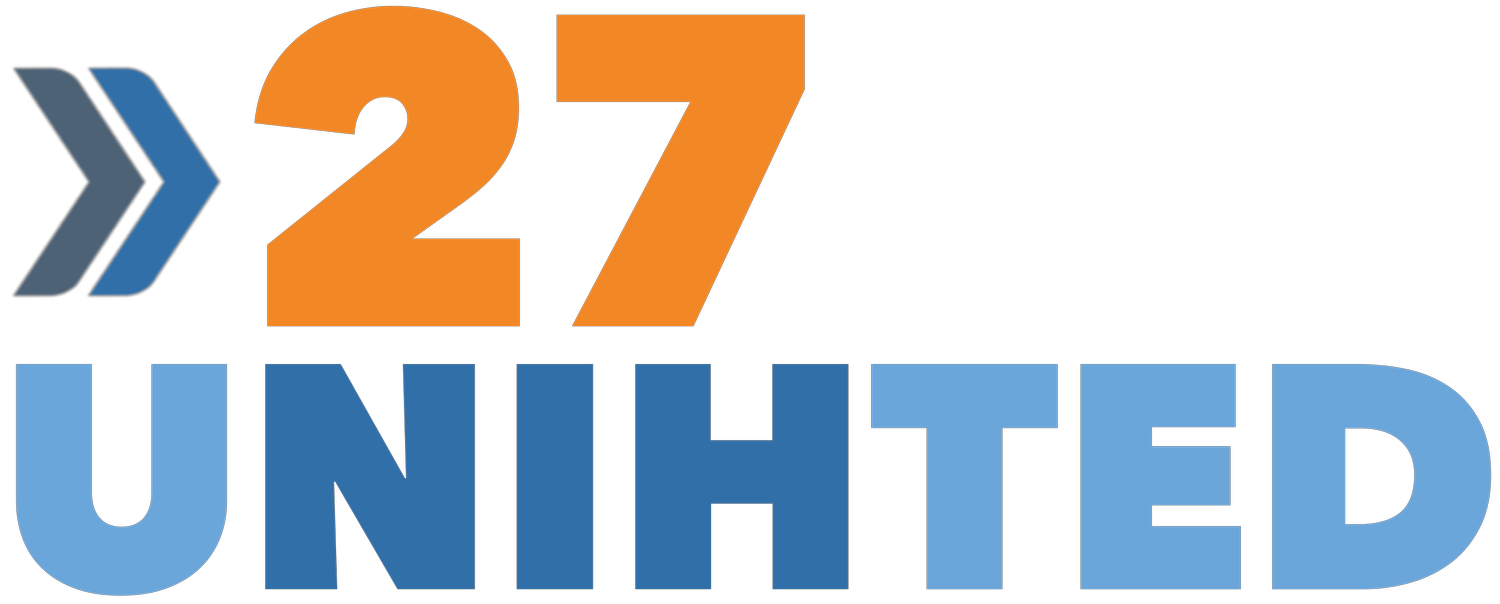A’s Story
Tell us about yourself and your science.
“I first became interested in science when reading a magazine at my school library. I learned about the advances science was making to improve health and I became certain that I wanted to be a part of these incredible efforts. My science focuses on developing new and more effective therapies to help people with disabilities stemming from neurological impairments, to regain function, have a better quality of life, and achieve independence.”
Your emotional journey.
“I’ve been told to forget what’s happening and to simply focus on doing good science. But I'm not a machine. I can't remove the human component from my work. My mind is filled with constant anxiety, and it’s not just about my own well-being; it’s about the entire future of my lab. I feel so consumed with worry about how to cover salaries for students and staff that I can’t focus on the great science I was trained to do. To me, the joy has been sucked out of research, leaving only stress, anxiety, and difficult decisions. In an effort to secure funding for my lab, I’ve spent months writing grant after grant to foundations, but the landscape has become incredibly competitive. Everyone is on edge about the threats to NIH funding, and the flood of applications has made success a long shot, especially for early career scientists like myself. The rejections have piled up, not only adding to the financial strain but also deeply lowering morale. The instability has made planning for the future impossible. The ever-shifting landscape makes it incredibly difficult to plan months-long grant proposals and years-long projects. This is particularly devastating for early-career scientists like myself, who need stability to successfully launch our careers. Ultimately, all of this has undermined the stability that is essential for scientific progress.”
Your coping strategies.
“I’ve found my primary coping strategy is to channel all my anxiety into an aggressive focus on new proposals. I've been spending my time thinking about potential future projects and asking new scientific questions to chase. However, this strategy has been a double edged sword, leaving me on the edge of burnout.”
Are there ways we can help others?
This is something that I have been struggling with. Having a strong network has helped in not feeling alone in this process. On the flip side, what really would help is to have funds available to ease the impact of funding cuts and terminations. Unfortunately, this is not a simple task that can be accomplished within a short period of time.
Image source: https://pixabay.com/photos/sword-handle-ornament-long-sword-866014/
